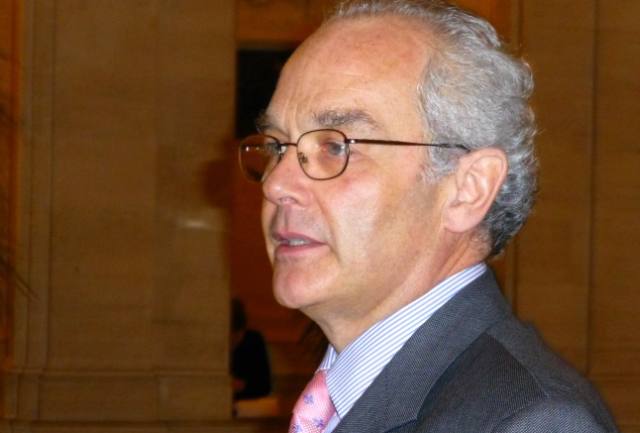This in from the office of the Police and Crime Commissioner, Simon Hayes, Ed
A national online survey commissioned by Hampshire’s Police and Crime Commissioner finds that the majority of victims of crime did not receive any formal support but would seek support if they became the victim of crime
With the treatment of victims of crime continuing to make the headlines and on the eve of a conference hosted by Simon Hayes, Hampshire’s Police and Crime Commissioner, on how criminal justice practitioners can better ensure that victims are placed at the heart of the criminal justice system, a national online survey of 1,000 people commissioned by the Office of the Police and Crime Commissioner for Hampshire shows that almost 63% (62.90%) of the public would seek support if they became the victim of crime, but of those that were the victim of crime, 71.25% said they didn’t receive any support.
Over 70% would expect police support
An overwhelming majority, 71%, would expect a follow-up call from police. For those who were the victim of crime, the majority (45.59%) received support from the police via a follow up call.
To get a regional perspective on what level of support the public would expect if they became the victim of crime, results from the South East region were broken down, which includes Brighton and Hove, Chelmsford, Oxford, Portsmouth and Southampton.
66.91% would seek support if they became the victim of crime and of those that have already been the victim of crime, 68.66% did not receive any support from a person or organisation other than a friend or family member.
Over 50% did receive a call
In a multiple choice question, 57.14% of victim of crime in the South East said they did receive a call from the police. Of those who have not been the victim of crime, 67.63% would expect a follow-up call from police. Victims of crime in the West Midlands appeared to fare the worst in this survey with 78.38% saying that they didn’t receive any support at all.
While 52.6% of the public nationally and 57.14% in the South East felt that the support they received was adequate (including a follow-up call from police, therapy/counselling, compensation, legal support, helpline, insurance claim, an update on the status of the crime and a copy of the police report), equal amounts nationally and locally (16% and 14% respectively) found they received either very satisfactory or very unsatisfactory support.
Issues to be raised by PCC
At the Southampton-based conference, Simon Hayes, Hampshire’s Police and Crime Commissioner, will ask: “Rhetoric or Reality: Are we truly placing victims at the heart of the criminal justice system?”
Joining the Commissioner on the Panel are Baroness Newlove, the National Victims Commissioner; John Montague from the Crown Prosecution Service; Sandy Roveri from HM Courts & Tribunal Service; Peter Cawood, Head of Victims’ Policy at the Ministry of Justice; and Dr Jacki Tapley, Principal Lecturer in Criminology, Institute of Criminal Justice Studies, University of Portsmouth; and Andy Marsh, Chief Constable at Hampshire Constabulary.
Simon Hayes comments on the research and his vision for the conference:
”This survey provides a snapshot of the kind of service that the public expect to receive should they become the victim of crime and highlights the gap between expectation and reality for many victims. As you would expect, the majority of people surveyed would either expect a follow-up call from the police or, if they were the victim of crime, did receive a call but it is worrying that 71.25% of those asked (who were the victims of crime) said that they did not receive any support from a person or organisation outside of their family or friends. All involved in criminal justice should be focused on ensuring that victims receive justice and are highly satisfied with the support they receive.
“For too long we have spoken about the need to place victims at the heart of the criminal justice system but recent high profile cases where victims have been let down suggest that we are still some way off this being the case. This conference will challenge those involved with criminal justice to consider what needs to be done to turn rhetoric into reality so that victims receive the justice they deserve.”
Image: © Used with the kind permission of Eastleigh News





